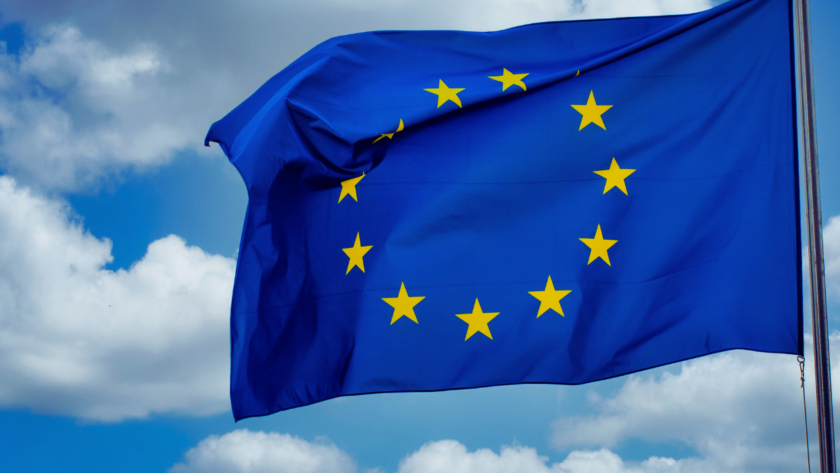The European Securities and Markets Authority (ESMA) has taken a significant step toward enhancing ESG reporting transparency and reinforcing regulatory oversight with its latest Final Report on Greenwashing. In response to the European Commission’s directive, the report evaluates greenwashing risks and the effectiveness of sustainable finance policies, ensuring…













